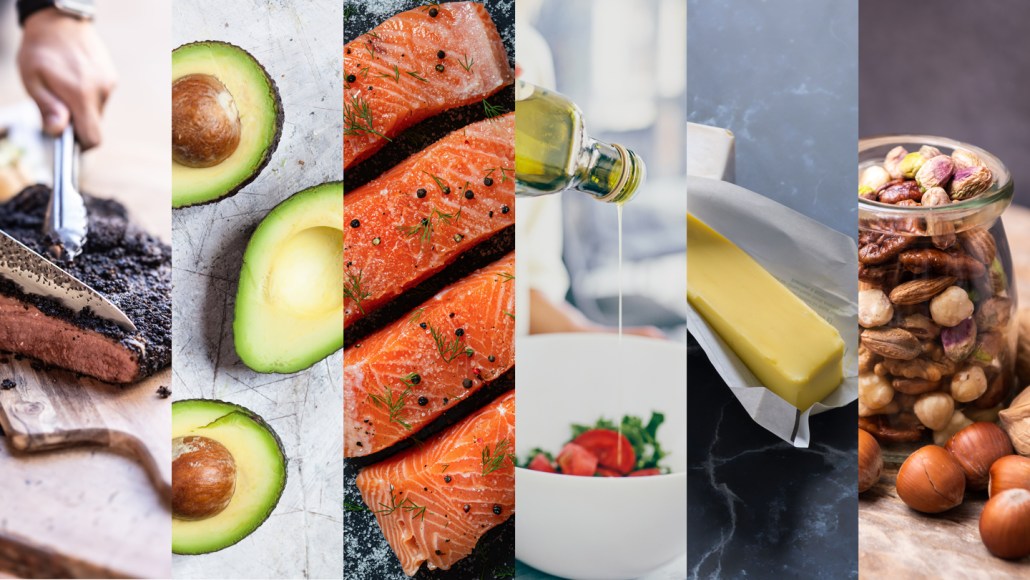
Health & Medicine
What the new nutrition guidelines get wrong about fat
New U.S. dietary guidelines promote eating full-fat foods and meats. But experts say nuts and seed oils are better sources of the two crucial fats we need.
Every print subscription comes with full digital access

New U.S. dietary guidelines promote eating full-fat foods and meats. But experts say nuts and seed oils are better sources of the two crucial fats we need.
We summarize the week's scientific breakthroughs every Thursday.
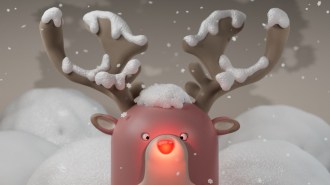
Simple chemistry could give the reindeer his famously bright snout. But physics would make it look different colors from the ground.
An AI tool trained on chemical signatures from corpse-eating insects may help determine time and place of death for victims of violent crimes.
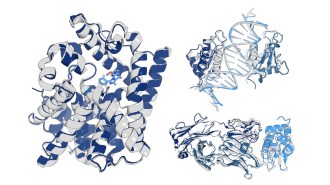
The open-source AI model improves transparency in predicting how proteins interact with other molecules, which could speed up drug discovery.
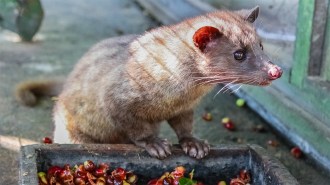
Pricey civet coffee gets its cred from its journey through the mammal’s gut, which changes the content of fat, protein, fatty acids — and even caffeine.

Richard Robson, Susumu Kitagawa and Omar Yaghi developed metal-organic frameworks, structures that can collect water from air, capture CO₂ and more.
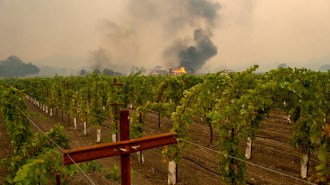
Grape plant bacteria might help mitigate smoke taint in wine by breaking down chemicals that evoke an ashy taste.
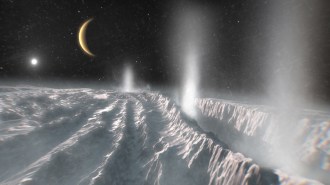
Building blocks of life have been found on this moon of Saturn. They may come from chemical reactions beyond Enceladus’ possible life-supporting ocean.

In Tales of Militant Chemistry, Alice Lovejoy traces how film giants Kodak and Agfa helped produce weapons of war during the 20th century.
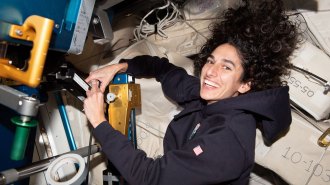
Adding a magnet could simplify the process of producing oxygen in space, making a crewed mission to Mars more feasible.
Subscribers, enter your e-mail address for full access to the Science News archives and digital editions.
Not a subscriber?
Become one now.